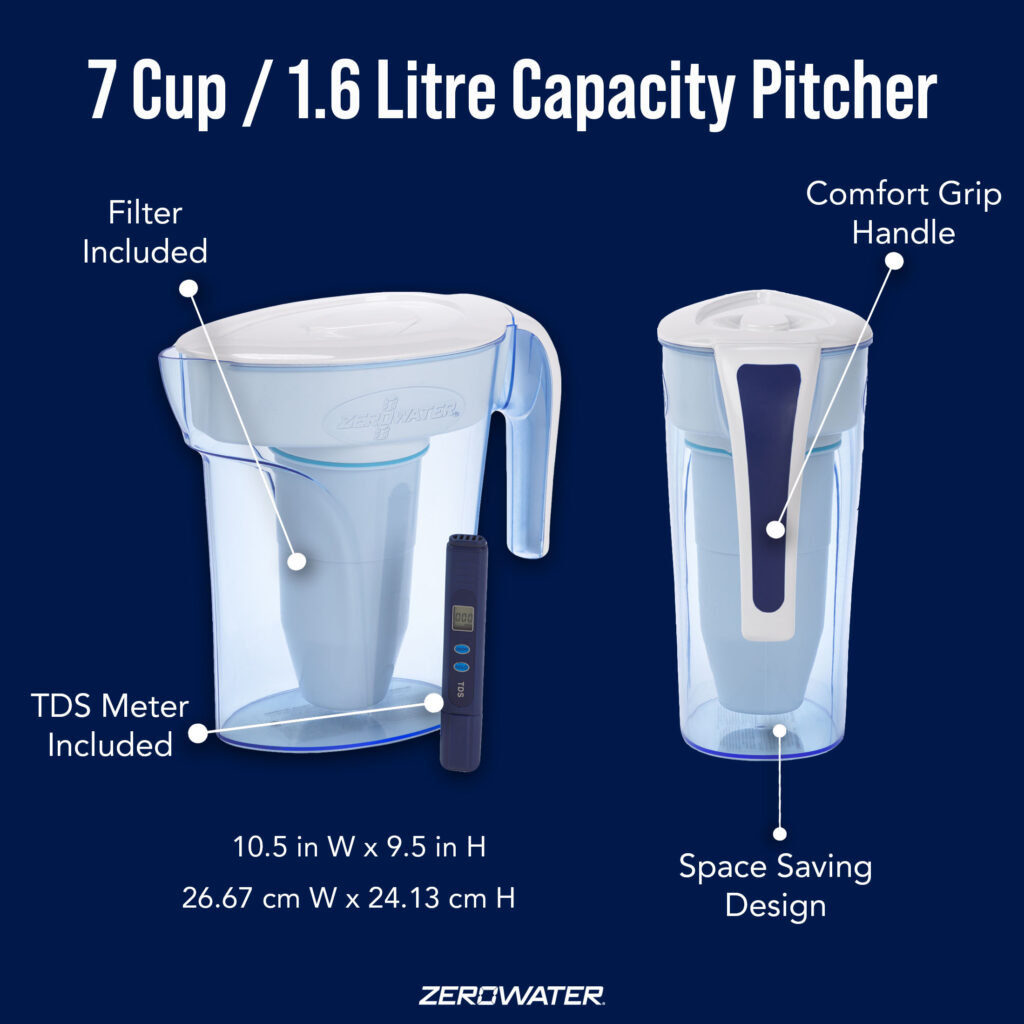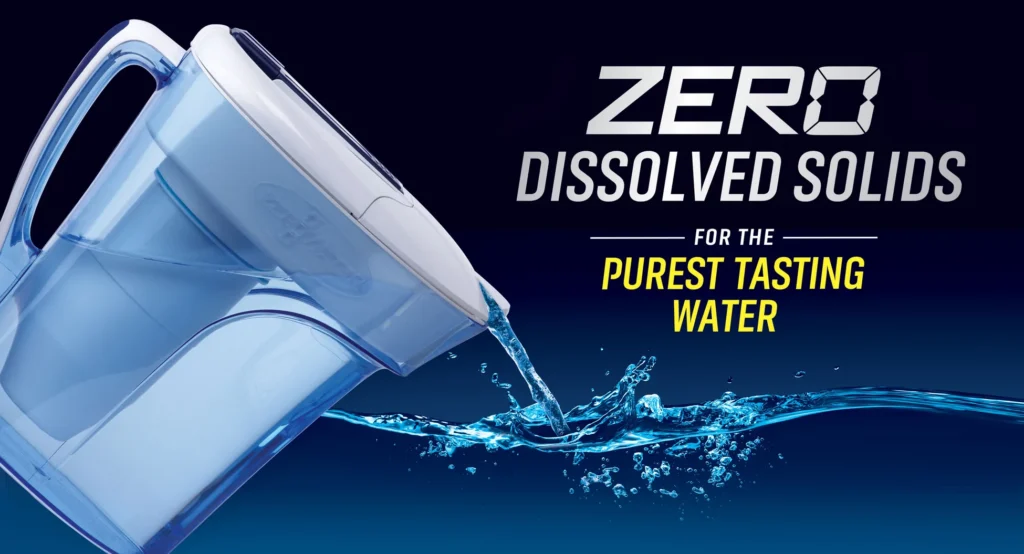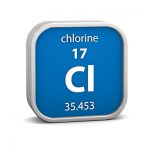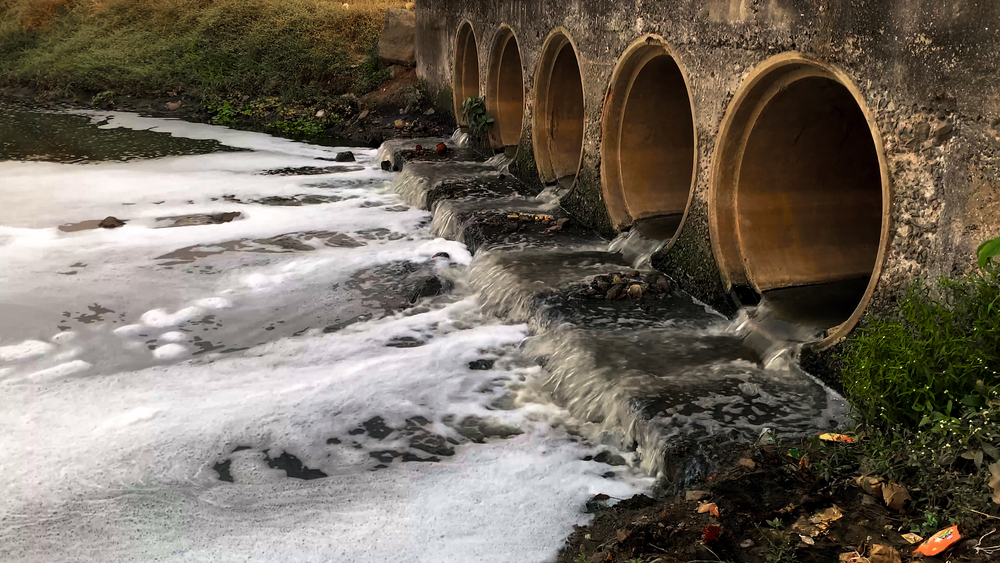
Understanding Raw Sewage Discharges
Raw sewage discharges occur when combined sewer systems, which carry both domestic wastewater and stormwater runoff, become overwhelmed during heavy rainfall. To prevent flooding, excess water and untreated sewage are discharged into rivers and other water bodies. The UK public were told these discharges are regulated and monitored, however there are current investigations into potential non-compliance of water and sewerage companies, raising trust issues and further concerns about their impact on water quality and ecosystems.
Environmental and Health Implications
The discharge of raw sewage into rivers can have several adverse effects on the environment and public health. Sewage contains harmful pathogens, bacteria, viruses, and chemicals that can contaminate water sources, posing risks to aquatic life and human well-being. Elevated levels of pollutants can deplete oxygen in the water, leading to the death of fish and other aquatic organisms. Additionally, the presence of sewage-related contaminants can make water unsafe for recreational activities, affecting local communities.
Such reports raising concerns about the quality and purity of British water, alongside news of dangerous “forever chemicals” have prompted individuals to contemplate the overall quality and safety of our UK drinking water.
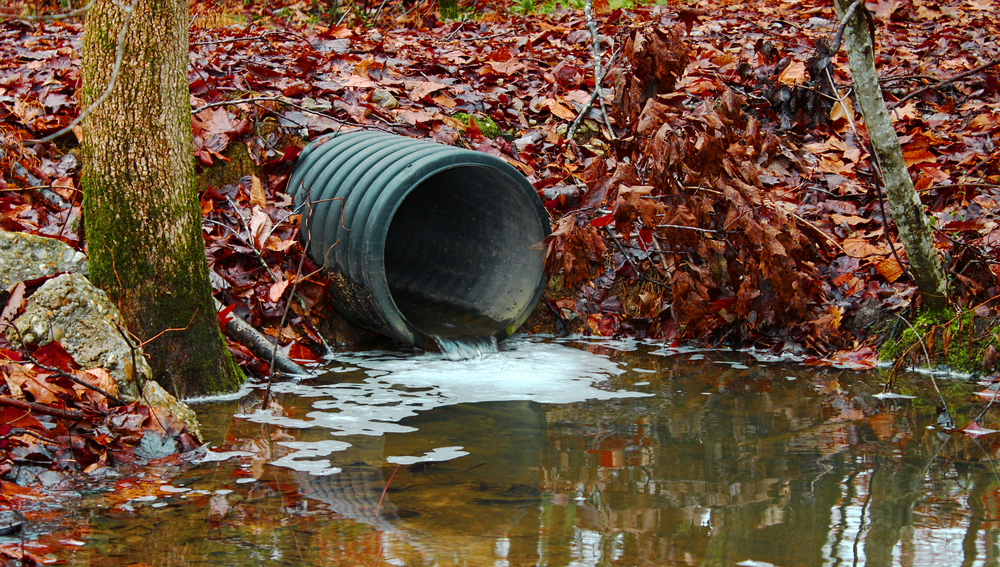
Clean, Safe Drinking Water
Water plays a crucial role in our bodies, aiding digestion, regulating temperature, lubricating joints, and transporting nutrients and oxygen. However, certain elements are likely to be present in your tap water, which may be detrimental to human health and/or water quality. For example:
- Flouride: a naturally occurring mineral that is commonly added to public water supplies, toothpaste, and other dental products for its beneficial effects on dental health. However, the chemical has caused some controversy, as excessive amounts of flouride can result in dental and skeletal fluorosis.
- Chlorine: commonly added to tap water as a disinfectant to kill bacteria and viruses. High levels of chlorine can affect the taste and odour of tap water.
- Lead: Many older properties, particularly those built before the 1970s, may have water supply pipes made of lead. Over time, the corrosive properties of water, temperature changes, and other factors can cause the lead pipes to degrade. This degradation can result in the release of lead particles or ions into the water flowing through the pipes. In addition to lead pipes, lead-containing solder and fittings were commonly used in plumbing systems. These solder joints and fittings can also contribute to the presence of lead in tap water. As water passes through these connections, small amounts of lead can dissolve into the water. Ingestion of lead via contaminated tap water can lead to lead poisoning. Children are more susceptible to lead poisoning; signs and symptoms can include fatigue, weight loss, vomiting, abdominal pain, hearing loss, developmental and learning difficulties. Adults may experience headache, high blood pressure, constipation, miscarriage, memory loss and joint/muscle pain.
Filtering Tap Water
ZeroWater filters are designed to significantly reduce various impurities https://zerowater.co.uk/pages/what-does-zerowater-remove from your tap water, including:
- Dissolved solids: ZeroWater filters use a five-stage filtration system that employs activated carbon and an ion exchange process to reduce the total dissolved solids (TDS) in water. This includes substances like minerals, salts, metals, and other dissolved solids that may affect the taste and quality of water. This includes Flouride. When tested against the NSF’s protocol, ZeroWater removed 41% of fluoride from tap water
- Chlorine: ZeroWater filters are effective at removing 99.0% of chlorine.
- Heavy metals: for 75l filtered, levels of lead were reduced by 99.0%, mercury by 92.0%, chromium 3 by 98.0%, chromium 6 by 99.0% and cadmium by 97.0%, to name but a few! These metals can be harmful to human health if consumed in high concentrations.
For the Cleanest Tasting Water
By investing in one of our stylish jugs or dispensers you can enjoy the cleanest tasting water with confidence. Our water filters offer the convenience of accessing clean water at any time within the comfort of your own home or workplace, and with various ZeroWater types and sizes available, there are solutions to suit everyone!
Invest in Clean Water, Invest in ZeroWater… Invest in You.

